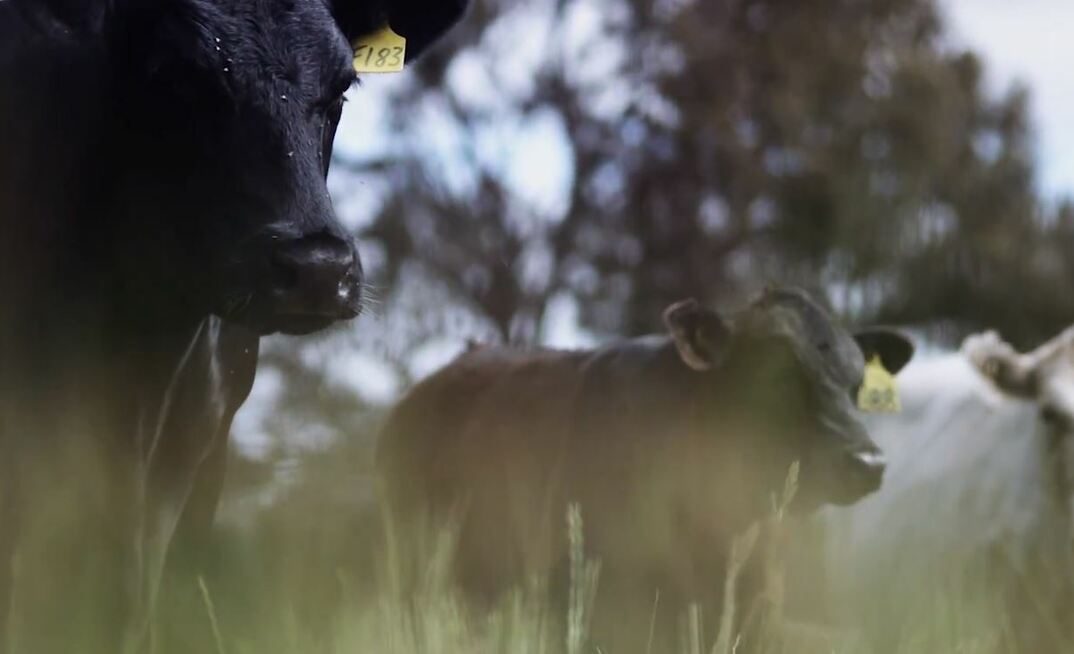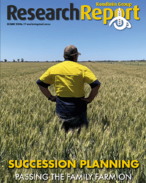A key driver of much regulation underlying the ERF is the need to ensure that abatement is genuine and additional to what would otherwise have taken place. This chapter sets out:
-
the standards that underlie the integrity of carbon farming activities that earn ACCUs.
After reading this chapter, you will:
-
understand the key integrity principles
-
understand the need for integrity regulation
-
have an overview of how methodologies contribute to the integrity of abatement.
Explore the full Workshop Manual: The business case for carbon farming: improving your farm’s sustainability (January 2021)
Read the report
RESEARCH REPORTS
1. Introduction: background to the business case
This chapter lays out the basic background and groundwork of the manual
RESEARCH REPORTS
1.2 Being clear about the reasons for participating
Introduction: background to the business case
RESEARCH REPORTS
1.4 Working through the business case for carbon farming
Introduction: background to the business case
RESEARCH REPORTS
1.5 Factors determining project economics
Introduction: background to the business case
RESEARCH REPORTS
1.8 Important features of the business case
Introduction: background to the business case
RESEARCH REPORTS
2. How carbon is farmed under the ERF
This chapter considers in detail the activities that constitute carbon farming
RESEARCH REPORTS
2.5 Carbon farming under the Emissions Reduction Fund
How carbon is farmed under the ERF
RESEARCH REPORTS
3. The policy context and the price of ACCUs
This chapter takes a broad look at the policy context for carbon farming























